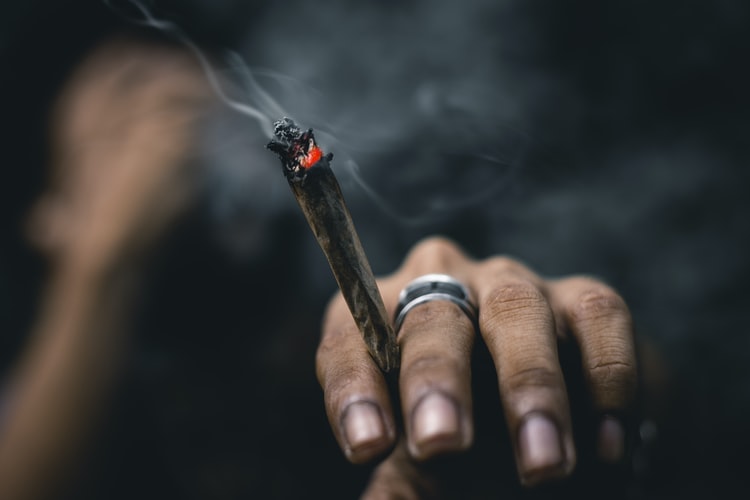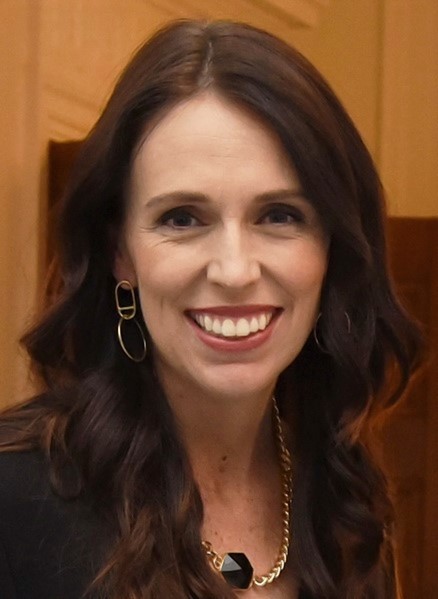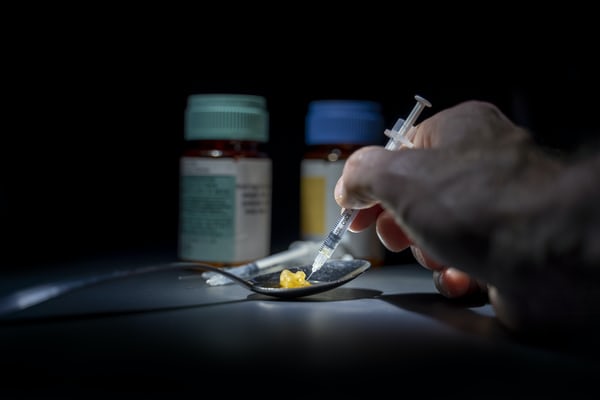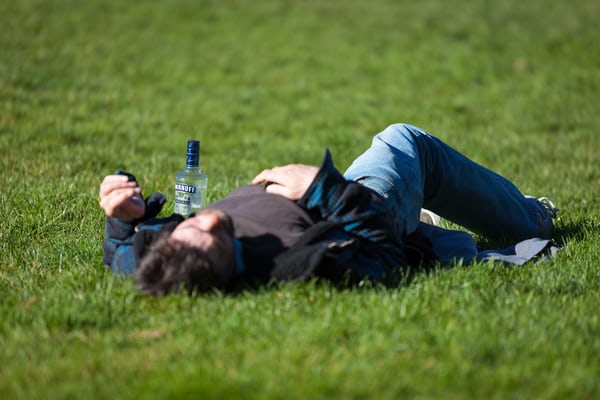TTT New Delhi: There is not a single television channel in the world broadcasting shows exclusive on drug abuse or prevention when an estimated 35 million plus drug addicts are fighting a brave battle to come out from under the clutches of narcotics – and their 100 million plus family members and friends are also being indirectly affected.
Not only this, school children and teenagers are now conversing with drug dealers on Snapchat which has in-effect become a safe haven for the trade.
Sky News broke this story, and claimed that drug dealers are now targeting those in the 14 to 24 age bracket.
Volteface, an international survey agency, quoting a study appearing in The Lancet Psychiatry in October 2019, stated that there was a significant increase among Americans using cannabis.
Most users called it harmless.

Only this week did New Zealand Prime Minister Jacinda Ardern confess to having previously used cannabis.

Do we take this as an issue that does not warrant serious consideration and thus does not merit a large scale globally enforced continuous campaign, and are we are too shy to admit that most of the countries battling this menace have failed in controlling it from 1971, onwards when then US President Richard Nixon termed it ‘public enemy number one’?
The increasingly popular Group Nine Media has recently launched a TV channel, Now This Earth, to be promoted on YouTube, and Facebook.
In response, Indian television-content analyst, Sejal Singh, said that money-loaded business houses know that an exclusive channel on drug prevention will not attract the desired moolah, so the safest investment for broadcasters comes in the form of fashion, crime, wildlife, entertainment and movie channels.
The poisonous fangs of drugs, both natural and synthetic, have shown horizontal growth from the United States to Australia, zig-zagging through parts of Europe, Africa, Russia and Asia including Afghanistan, Pakistan, India, Taiwan, China, Nepal and Sri Lanka to such an extent that the global annual ‘drug market’ is now worth almost US$80 billion.

While Taiwan was busy in finding ways to block the entry routes of drugs in recent years, Nepal has reportedly been chilling out on being the best quality supplier of hashish to nearby countries including China and Hong Kong.
Similarly Afghanistan and Pakistan were typically complacent in noticing that the youth of their countries have been growing dependent on drugs, but have taken no action to curb the menace.
The United Kingdom and India though in possession of strict rules covering drug use and possession, failed to collect data on drug users including the new ‘entrants’ to the market, and thus all subsequent action plans failed to yield the desired results.
Africa, meanwhile, became the gateway to the largest drug running network in the world as is evidenced by the fact that increasing numbers of smugglers from Nigeria and elsewhere have been caught red handed across the world.

It was only after the Indian state of Punjab was ripped apart by drug use crippling around 63 per cent of the state’s youth, both rural and urban, that India woke to arm itself to battle the menace, and turn the country into a drug-free nation.
As a result India has now decided to implement legislation to license the running of drug rehabilitation centres across the country, and discontinue the funding of some of the blacklisted non-governmental organisations (NGOs) which have blatantly flouted governmental guidelines as part of its refurbished road map to control drug addiction by blocking the supply and demand chain.
This well-thought out programme is being worked upon by a team of highly designated officials in the Ministry of Social Justice and Empowerment, with its exclusive drug abuse control department.
Talking to The Taiwan Times, a top Indian bureaucrat in the ministry, Mr. R. Subhramanyan, said that all the rehabilitation centres have been told to mount cameras at vantage points so that the ministry could monitor goings-on at any given hour.
He also said that a number of Outreach Drop-in Centres (ODIC) have been set up by his ministry conduct training and awareness programmes in a designated area, and to serve as the watch-towers for drug abuse.
On being asked if collusion between the officials and owners of rehab centres was obstructing transparency, Mr. Subhramanyam said that the possibility could not be ruled out. “We have hired lot of young boys and girls for surprise checks of the rehab-centres.
“This move has already paid rich dividends, and helped us in breaking the nexus between the rehab (centres) and our officials,” he added.
Addicted to alcohol for the last 30 years, Ram Kumar, said that the awareness programmes in most of the rehabilitation centres he was staying in were substandard, and failed miserably in helping addicts. “What is the point of repeating the ‘don’ts’ of addiction’, he pointed out.

An ex-addict running a rehab speaking to The Taiwan Times said that ministry officials coming to inspect the facilities were only interested in updated paperwork.
Most just did not know how the rehab centres functioned, and did not attend the classes to analyse the quality of the lectures given.
“They did not even care to talk to the doctors or the psychologists assessing the progress of the inmates.”
It’s a general belief that addiction means drugs, alcohol or cigarettes, but another set of addictions that is silently moving unseen into the minds of the youngsters of today includes computer games, gambling, porn, and sex.
Health problems, frustrations spilling over, and associated stress will be the next alarm to go off.
The world is yet to wake up to these addictions.









Comments are closed.